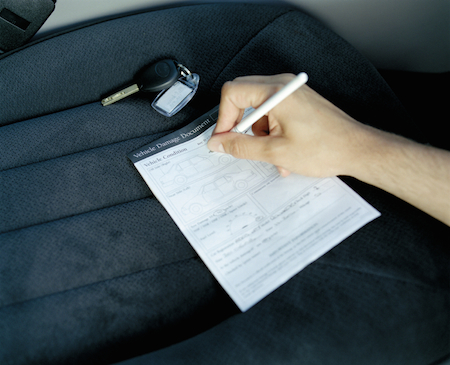 If you’ve ever rented a car, you’re familiar with the insurance-pushing the agent will do before you leave the counter. Most of the time, the insurance packages alone cost more than what you’re spending on a cheap car rental. Do you really want to drive without insurance though? If you don’t opt in, what happens if you get into an accident? Read on to learn what you should know about car rental insurance.
If you’ve ever rented a car, you’re familiar with the insurance-pushing the agent will do before you leave the counter. Most of the time, the insurance packages alone cost more than what you’re spending on a cheap car rental. Do you really want to drive without insurance though? If you don’t opt in, what happens if you get into an accident? Read on to learn what you should know about car rental insurance.
Ordering the Agency’s Insurance
It’s no secret that agencies offer ridiculously overpriced car rental insurance, but it does come with a benefit: if you get into an accident or the car is stolen, the agency will take care of it and you won’t be charged a penny (assuming an unauthorized person wasn’t behind the wheel). You can always offset the price of insurance by seeking out car rental discounts or using car rental coupons.
Using Your Own Auto Insurance Policy
If you don’t get the agency’s insurance, that doesn’t necessarily leave you uncovered. When you decline rental insurance, your own auto insurance usually takes effect (double-check this with your insurance agency ahead of time). If you are covered under your own insurance, buying the agency’s insurance will only provide you with unnecessary duplicate coverage. However, there are still a few perks to opting in to the rental agency’s insurance: should there be a problem, you won’t have to pay a deductible, file a claim, or suffer a raise in your own insurance premium.
Rental Insurance from Credit Cards
A lot of high-level credit cards (gold, platinum, and business, for example) offer car rental insurance. There’s a lot of fine print that comes with this coverage, though. Many credit cards only offer secondary insurance, which kicks in after your own auto insurance has been exhausted. Some credit cards require a deductible and others won’t cover certain kinds of cars, like luxury vehicles or vans.
When searching for car rental deals, take into account the cost of insurance as well as the cost of an accident.
